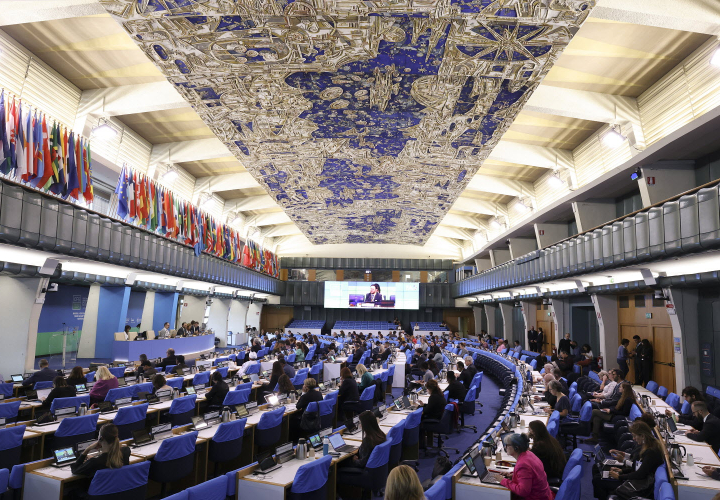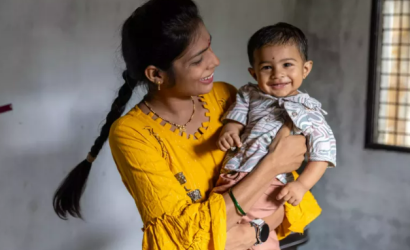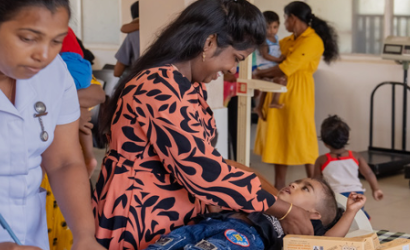October marked the fifty-first session of the Committee on World Food Security (CFS51), which brought high-level country representatives and global actors together to advance the food systems transformation agenda with many crucial discussions and outcomes for nutrition.
In the spotlight were policy responses to findings of the 2023 State of Food Security and Nutrition (SOFI) report, with a focus on the current food crisis and the urgent need to ensure food and water are not used as weapons on war in conflict settings. Plenary sessions also focused on progress of the follow-up to the Second International Conference on Nutrition (ICN2), monitoring policy recommendations on price volatility and food security; and on social protection for food security and nutrition. More details, including full recordings of proceedings and side events can be found on the CFS website, including the final report and statements, also detailed in the CFS51 highlights.
“There is more than enough food to go around…Governments have a responsibility to ensure that every person has access to nutritious food. But many governments lack the resources to do so, and so effective international solidarity is essential to transform food systems for all people through massive investments, through innovations, science and technology, through building sustainable food systems in harmony with nature.”
Key outcomes of CFS51 include the endorsement of
- Voluntary Guidelines on Gender Equality and Women’s and Girls Empowerment in the Context of Food Security and Nutrition in support of country-led efforts towards achieving food security and nutrition
- CFS Policy Recommendations on Strengthening Collection and Use of Food Security and Nutrition (FSN) Data and Related Analysis Tools to Improve Decision-Making in Support of the Progressive Realization of the Right to Adequate Food in the Context of Nation an action-oriented global policy framework
- and the CFS Multi-Year Programme of Work (MYPoW) 2024-2027
The right to food is not a privilege. It is a fundamental human right that belongs to each and every one of us. It is a call to coordinated action that transcends borders, ideologies and backgrounds. It is a promise we must keep to future generations."
A Focus on Local Governments
The CFS MYPoW includes a focus on strengthening urban and peri-urban food systems to achieve food security in the context of urbanization and rural transformation. This builds upon a growing body of evidence of the impact, and potential for impact by local and regional governments, and the ways in which the megatrend of urbanization which is shifting diets as highlighted by the SOFI report. The UN-Nutrition secretariat was proud to collaborate with partners and local mayors for the side event on this very topic Our seat at the table – Maximizing transformative opportunities across the rural-urban continuum to deliver healthy diets from sustainable food systems. You can also have your say on this important topic within the High-Level Panel of Experts on Food `Systems and Nutrition report e-consultation, which is open until Jan 18th 2024 and will be presented during the 52nd session of CFS in 2024.
CFS51 also saw the election of Ms Nosipho Nausca-Jean Jezile, Permanent Representative of South Africa to the UN Agencies in Rome, as the new Chairperson of CFS for a two year term to carry forward this important work towards CFS52.
Integrated Action for Climate and Nutrition
In the lead up to COP28, CFS saw increased attention to the need for integrated action for climate and nutrition, evidenced through the side-event and reception on ‘Integrating Climate and Nutrition- an essential action for zero hunger’ by the Initiative on Climate Action and Nutrition (I-CAN). This side event launched two key reports to inform advocacy efforts at COP28- including FAO's Climate Action and Nutrition Pathways to Impact and the I-CAN Baseline Assessment.


